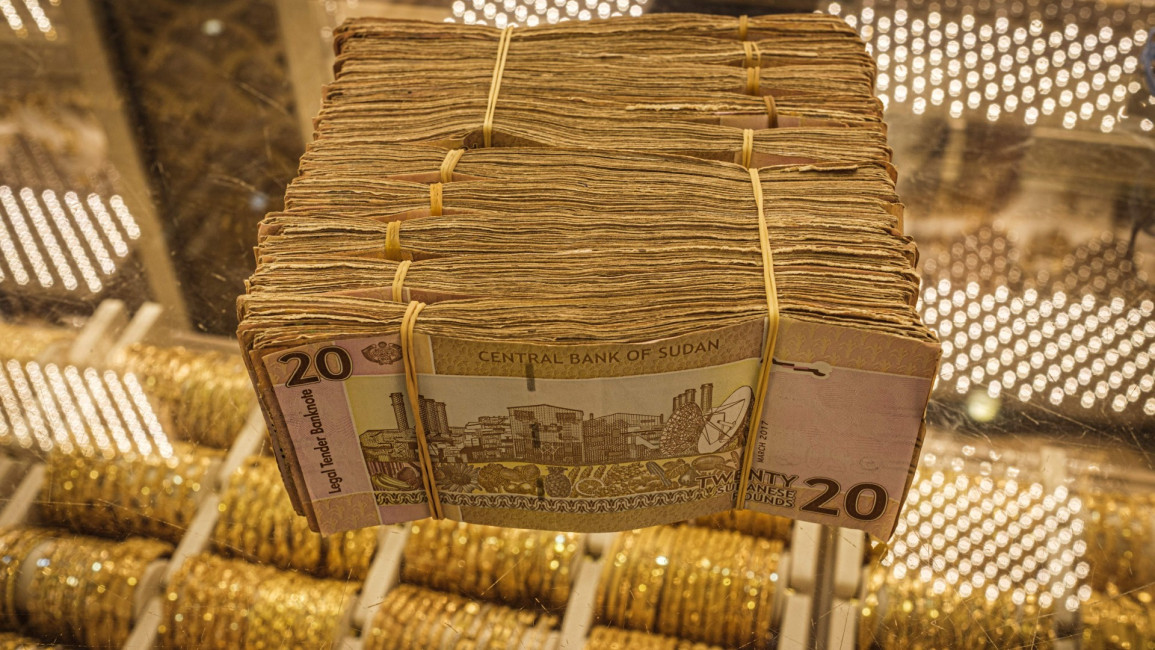Sudan approves first budget since US terror delisting
Sudan approved on Tuesday its first budget since being removed from a US blacklist last year, earmarking funds to redevelop regions torn apart by conflict under ousted president Omar Al-Bashir, the government said.
"The joint meeting of the Sovereign Council and the cabinet concluded with the approval of the budget for the current fiscal year," the civilian-majority Council said in a statement.
"The 2021 budget is the first after the signing of the Juba peace deal, and the removal of Sudan from the (US) list of state sponsors of terrorism," Finance Minister Hiba Ali was quoted as saying.
Sudan has been undergoing a rocky transition since the army toppled Bashir in 2019 following months of mass protests against his rule.
It has been struggling with a severe economic crisis exacerbated by the Covid-19 pandemic, with galloping inflation and chronic hard currency shortages giving rise to a volatile black market.
The US dollar officially trades at around 55 Sudanese pounds but in the parallel market it can be as high as 270 pounds.
Sudan's transitional administration, which took over months after Bashir's ouster, has been pushing to rebuild the beleaguered economy.
|
In December, Washington removed Khartoum from its blacklist as part of a quid pro quo for the East African country normalising ties with Israel.
Ali said Sudan "will take full advantage of all the opportunities created by Sudan's removal from the terror list which includes openness to the international financial system, and influx of foreign investments."
The government said it hopes inflation, which currently hovers around 250 percent, will come down to 95 percent by the year's end.
It allotted over 54 billion pounds, or $976 million, to peace-building and developing regions that were marginalised and conflict-ridden under Bashir, the finance minister said.
In October, Sudan's government signed a landmark peace deal in Juba with rebels in three main conflict zones.
The government set aside about 99 billion pounds, or $1.7 billion, from the budget for developing the health sector to cope with the coronavirus pandemic.
Healthcare providers have complained of acute medicine shortages.
Earlier this month, Sudan signed a memorandum of understanding with visiting US Treasury Secretary Steven Mnuchin for a bridge loan to clear $1 billion of arrears to the World Bank, and another $1 billion agreement with the US Export and Import Bank.
"The ministry plans to use all these agreements in the best possible way to increase the budget for developing marginalised and under-developed regions," Ali said.


![President Pezeshkian has denounced Israel's attacks on Lebanon [Getty]](/sites/default/files/styles/image_684x385/public/2173482924.jpeg?h=a5f2f23a&itok=q3evVtko)



 Follow the Middle East's top stories in English at The New Arab on Google News
Follow the Middle East's top stories in English at The New Arab on Google News


